MCO Phase 2 Is NOT A National Curfew Or A Lockdown, Here’s How They’re Different
Since PM Muhyiddin announced that the MCO will be extended from 1st April to 14th April, there’s been much speculation that this second phase is a sign of a nationwide lockdown or a national curfew given the newly implemented time restrictions on essential services and several areas (Putrajaya and Hulu Langat) facing lockdowns already.
But before you rush to your own conclusions, let’s make something clear. Even though the second phase of this MCO appears stricter, it’s neither a lockdown nor a national curfew. Here’s why:
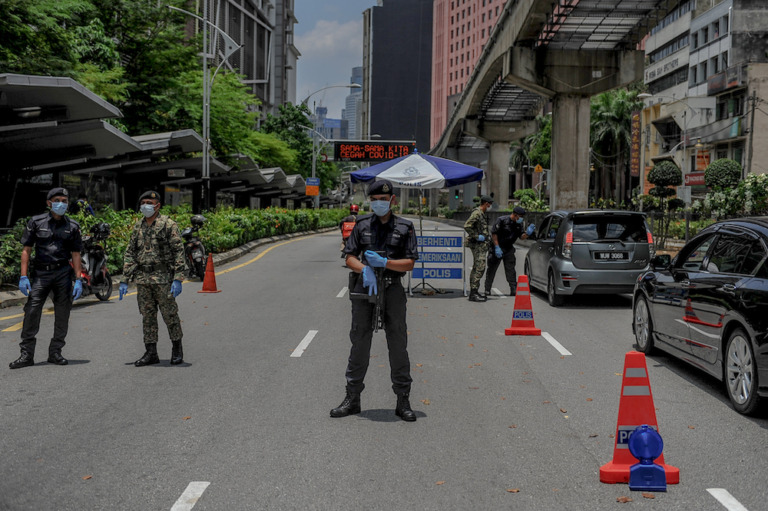
Nationwide Lockdown
Firstly, let’s revisit what a nationwide lockdown actually is:
A lockdown literally means there should be no movement of products or people within the country with only the most critical services operating to keep us alive. If it sounds severe, that’s because IT IS. Almost all shops would have to stop business and even public transportation will have to cease its services to keep the virus at bay, which means huge social and economic repercussions for the country’s economy.
If you need a frame of reference of what a country looks like under lockdown, the perfect example is Wuhan-Covid-19’s city of origin in China. When Covid-19 cases began racking up in the province, all forms of transport into and out of the city were closed. Even if citizens needed to go out for medical reasons or emergencies, they weren’t allowed to. When things got really out of hand, only delivery was allowed and one member of each household could only leave their home once every two days.
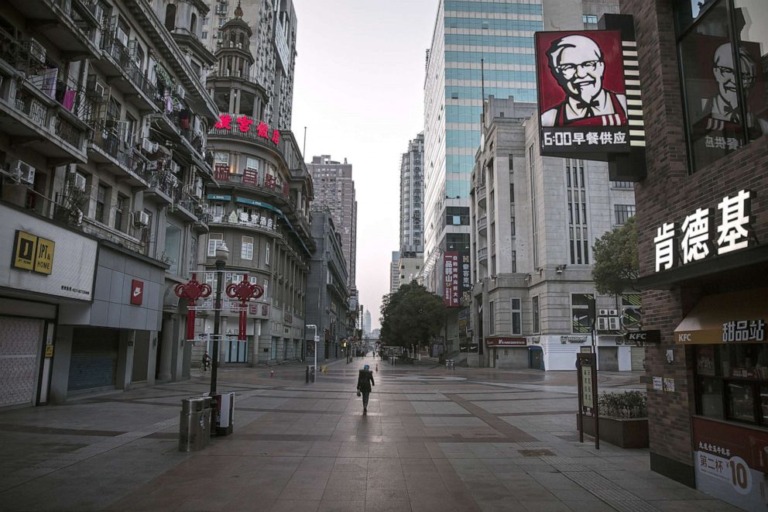
But if the never-ending line at your residential area’s grocer isn’t enough to convince you that we’re not in a nationwide lockdown, take it from former health minister, Datuk Seri Dzulkefly:
“This is nothing like a lockdown at all. A lockdown is when you can’t leave your home, there’s a total curfew, you can’t go out to buy food,” said Dzulkefly in a statement recorded by the Star when the PM first announced the implementation of the MCO.
National Curfew
As the second phase of the MCO sees more restrictions placed on selected times that businesses and services are allowed to operate, some members of the public began to speculate that we were under a National curfew instead. While this is understandable, it’s also not true. A national curfew can only be declared by the National Security Council and while our current MCO does see a number of restrictions on the operation hours of essential services, it’s doesn’t technically restrict all Malaysians to abide by a certain time frame in which EVERYONE has to stay indoors.
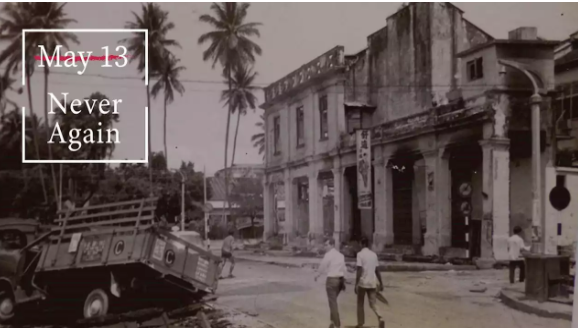
An example of what a national curfew looks like is what our country went through during the 13th May 1969 fiasco. The 24-hour curfew placed in Kuala Lumpur was announced by all forms of national media at 7:35pm and anyone caught outside their houses after the specific allocated time were dealt with severely. Two days later (15th May), the entire city of Kuala Lumpur was placed on a lockdown. The streets were deserted. Nobody left their houses as they feared for their lives.
But if you need to hear it from the horse’s mouth, here are a few reaffirming words from Defence Minister, Datuk Seri Ismail Sabri Yaakob:
“As long as the order is enforced under Act 342 (Prevention and Control of Infectious Diseases Act 1988) [in relation with] the Ministry of Health, it is not a curfew but a movement control order,”
“Maybe we have limited opening hours, for example, for supermarkets. But they will remain open for the public,” said the minister, as reported by the Edge Markets.
Movement Control Order
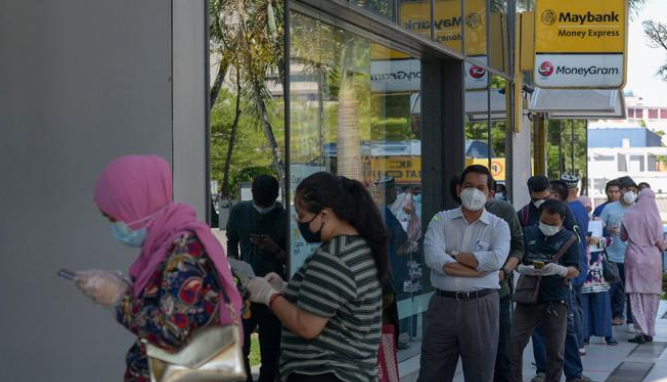
So, what is the Movement Control Order? In the most basic sense, the movement control order is a controlled approach to ensure that the public maintains social distance so that the virus does not spread more than it already is.
The set of governing laws were made by the government and abide by the Prevention and Control of Infectious Diseases Act 1988 and the Police Act 1967. While these laws are heavily enforced by authorities, the MCO is unlike the prior two regulations because:
- There are no curfews
- There’s no complete prohibition from leaving your homes
- Not all shops are being shut down
- Not all roads are being closed off
The existing restrictions are merely in place to reduce non-essential services to limit unnecessary physical social interaction to curb the virus. “By reducing compulsory economic and educational activities such as attending schools, colleges, universities and work – we automatically reduce the chances of transmission of the virus to that many people interacting with one another”, said sources from FMT.
So there you have it. As scary as this season is for all of us, rest assured-the government doesn’t want a lockdown any more than you do. Stay safe and stay informed!




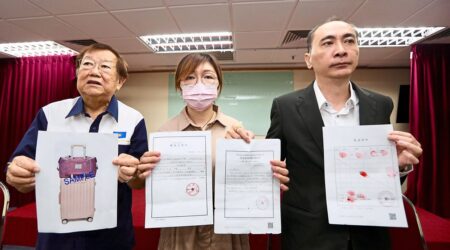

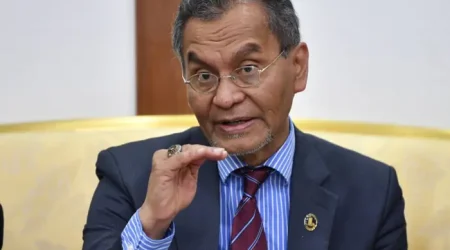

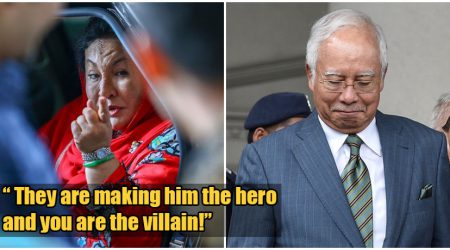



Leave a Reply